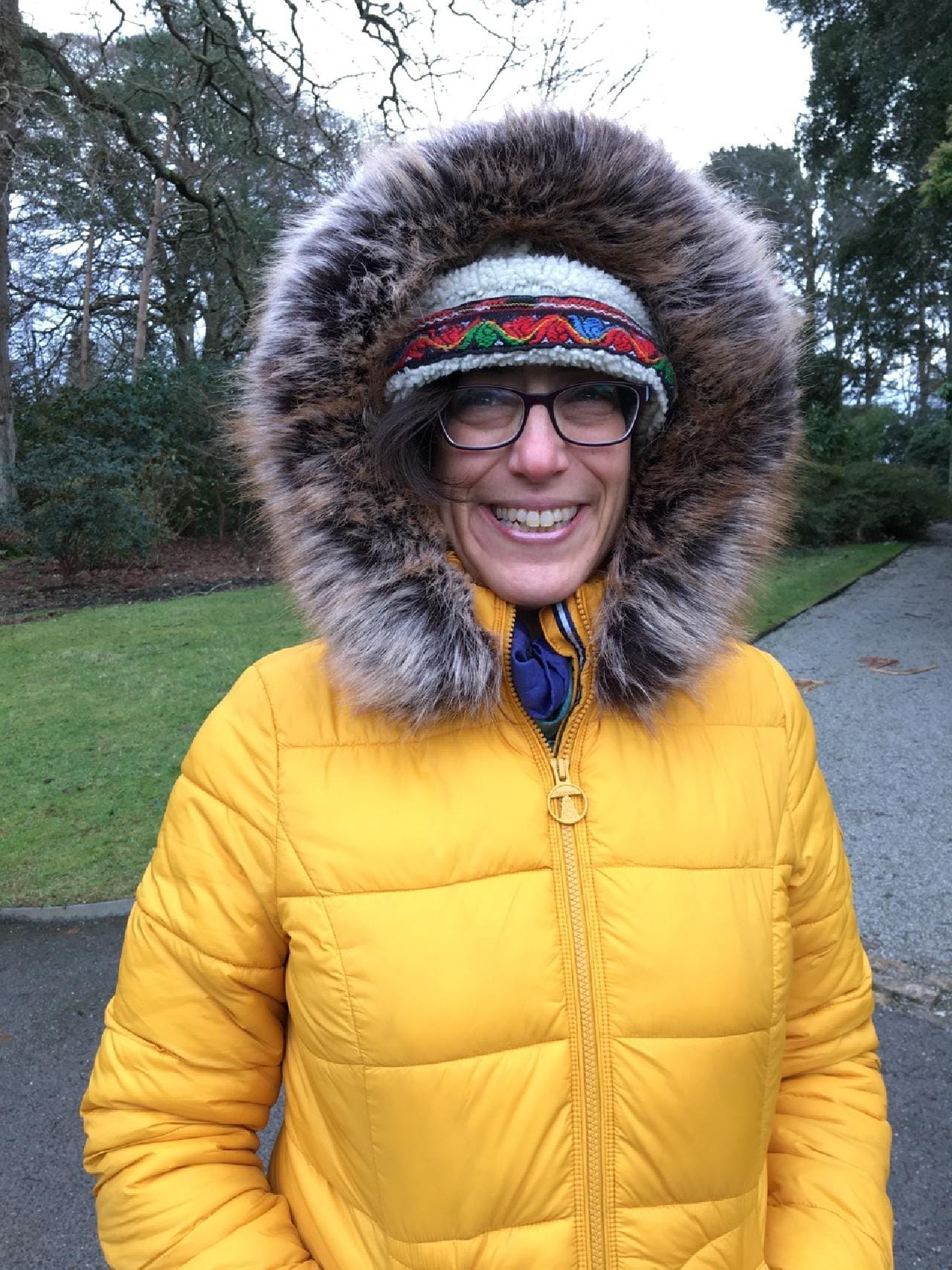Dr Carolyn Shapiro
Coordinator, Critical Studies, BA Illustration, Falmouth University

Dr Carolyn Shapiro
Student Critical Writing as a point of Engagement in Illustration Pedagogy
Abstract
This presentation calls special attention to and appreciates students’ own theoretical writing in critical thinking about illustration. Many years of teaching critical theory have reinforced my certainty that students are more likely to read other students’ theoretical work than they are to read primary texts of critical theory. Students are often wary of going straight to a published theoretical text, and when they do, they sometimes struggle with the language. However, reading a student example that applies the relevant theoretical frameworks in a targeted response to the brief makes the theories and terms more accessible, and leads the reader into the relevant primary and secondary texts. A feeling of possible achievement is also suggested in presenting a student example. Additionally, posting a variety of topics on the shared Learning Space displays the span of possible subject matter to analyse. Another interface into student writing is citing from students’ work in my own lectures, which not only presents an example, but also foregrounds the goal of achieving a personal critical voice through writing.
While student writing serves to act as a point of critical engagement for students, it also can serve as a pedagogical tool for tutors. Students have their fingers on the pulse quicker than I do, and suggest topics to write about that are current and particular to their own personal identity. Tutors can learn so much about new tech, new tags, and new platforms from our students, pushing our own critical thinking in order to engage with them. The currency of this reciprocal pedagogy acts as the dynamic ground for heightened awarenesses of complex cultural intersectionalities. In this sense, the use of students’ own writing as part of our pedagogical material offers a model of collaborative learning and teaching with lots of potential.
Bio
Dr Carolyn Shapiro has been teaching Critical Theory at Falmouth University since 2002, across many courses, but with particular longterm commitment to Illustration. She received her PhD in Performance Studies from New York University in 2004. Research interests include feminist and queer theory, deconstruction, and psychoanalysis as they apply to illustration discourses. She teaches BA, MA and PhD students at Falmouth University.